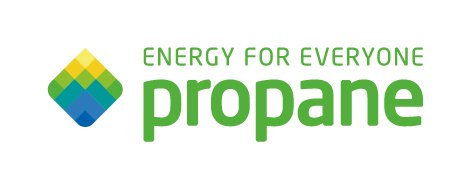
PERC steps up campaign to use propane as today’s decarbonization solution
The new study underscores the need to transition to clean energy sources, like propane, as soon as possible
The Propane Education & Research Council (PERC) emphasizes the need to accelerate decarbonization today with clean energy sources like propane. A new study from the National Oceanic and Atmospheric Administration (NOAA) found atmospheric levels of carbon dioxide peaked during May 2021 to the highest levels ever recorded at an average of 419 parts per million.

Matt McDonald
“The equipment and energy sources used to move materials daily can have a radical impact on a company’s carbon footprint,” said Matt McDonald, director of off-road business development for PERC. “As the industry continues to fight climate change, we want to encourage material handling professionals to look to propane as a solution. Propane’s environmental performance makes it the perfect energy source for forklift fleets across the country.”
Supply chains contribute significantly to a company’s carbon footprint. In fact, carbon emissions in supply chains are, on average, four times those of a company’s direct operations. Forklift fleets are often the workhorse of these operations, creating an opportunity for warehouses and distribution centers to significantly improve their carbon footprint.
Propane is a clean, low-carbon alternative energy source and, when used to power forklifts, can reduce greenhouse gas emissions by up to 16 percent compared with gasoline forklifts, sulfur oxide (SOx) emissions by 76 percent compared with electric equipment, and nitrogen oxide (NOx) and hydrocarbon emissions by 94 percent compared with diesel models. Propane’s edge over electric comes down to electric full-fuel-cycle emissions including those produced in the manufacturing, transportation, and disposal of electric forklift batteries. Propane’s low-emissions profile allows the equipment to safely operate indoors (in properly ventilated environments) and outdoors. In fact, well-maintained propane forklifts meet or exceed nationwide indoor air quality standards.









